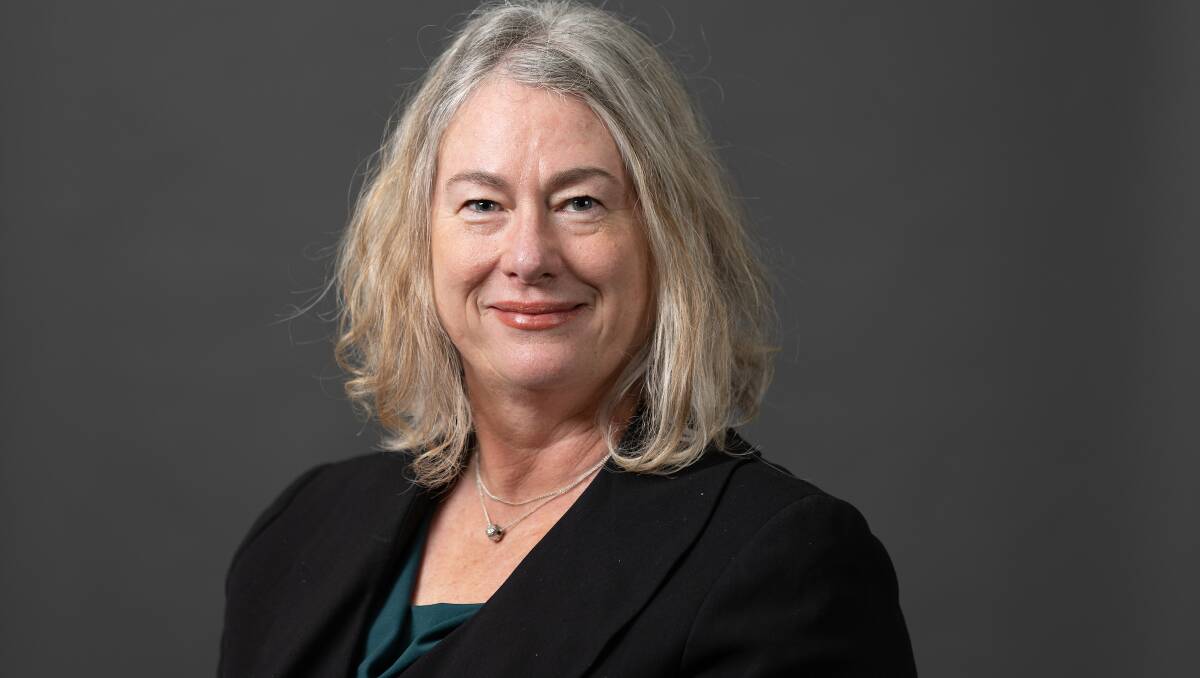
Dairy Australia has launched a national marketing campaign to attract new workers to the industry, after a survey found 25 per cent of farmers were unable to find labour or access workers with the required skills.
Subscribe now for unlimited access to all our agricultural news
across the nation
or signup to continue reading
The survey found 22pc cent of farmers were unable to fill vacant positions, within three months, and 40pc had lost one, or more staff, in the 12 months prior to the survey.
The campaign, through television, radio, social and digital promotion beamed into dairy regions, kicked off on Saturday.
DA regional services general manager Verity Ingham said the issue had been compounded by COVID-19 and the nationwide skills shortage, across a range of sectors beyond agriculture.
The campaign would promote the benefits of working in dairy farming and encourage Australians to explore a job in dairy.
Featuring dairy ambassador Jonathan Brown and seven dairy farmers, the campaign showcases why working in dairy matters, highlighting factors that have been shown to motivate people to consider a job in dairy.
"Competition for jobseekers in regional areas is fierce, so finding good, reliable people is a priority for dairy farmers," Ms Ingham said.
"Keeping them is just as important.
"We need workers on our farms to keep the milk flowing, the cheese on tables, the yoghurt in our lunchboxes and we really are looking for people who want job security, who like working with and caring for animals; people who are looking for variety, flexibility in their work life or wanting career progression."
Ms Ingham said coronavirus had an impact on both international and cross-border workers.
"Because there is such a range of jobs on dairy farms, closing international and state borders really stopped that flow of employees across the nation," she said.
"Dairies are traditionally a place for that backpacker market and it burst quite quickly."
DA looked to local markets but found many potential workers didn't know what was required on farms.
Ms Ingham said the advertising campaign was the first step in a four-pronged approach to attracting, and retaining, workers.
"We're going out into regional areas looking for non-traditional workers in the dairy industry, so not necessarily poaching from the beef or sheep farm, next door," she said.
This would be followed by career education about dairy for school, university and TAFE students.
"The third and fourth parts are around supporting our farmers, connecting them with job agencies and places where there are job seekers," she said.
"We'll also be skilling the job agencies, so they know about dairy, and then connecting our farmers into those networks."
The last stage would be skilling farmers in how to employ new staff.
"It's a little bit like becoming a cafe owner - you don't necessarily start the cafe with looking for staff, you do it because you love coffee and cake," Ms Ingham said.
"Farmers are often getting into farming, or even succession, because they love the outdoors, putting food on the table for the nation and animals - not necessarily to employ people.".
DA was also setting up a pre-employment program, she said.
"We are working with those job agencies and networks, in terms of making sure that anybody who hasn't been on a farm, or who has very little experience on farms, gets those really core skills," she said.
"Once they land on dairy farms, they have got some of those basic skills, in terms of a skill set they need."
Tongala dairy farmer Kristi Grant milks a herd of 420 cows with husband Ryan.
She said they had recently employed a New Zealand worker, after being two staff down during the coronavirus pandemic.
"He was looking for a family run farm, similar to what he knew in NZ, and he's been a really good asset to our farm," she said.
"We had difficulty finding staff; for other farmers in the area, it's still difficult.
"We had to pick up the slack of the shortage, we hadn't sold any cows, but we started to discuss possibly changing our operation to sustain not having as many staff.
"We just had to work harder."
Flexibility was one key to attracting and retaining staff, with the Grants employing a mother and son and ensuring the rosters they were on allowed them to spend time together.
"They are on a rotating roster, so they get time off together, so they can do their family thing," Ms Grant said.
'We asked them what their needs and wants were and accommodated our roster to those sorts of things."
Jobs kept "heaping up".
"You can keep treading water for some time, but there are other jobs that don't get done," she said.
"Things like when we are doing silage, or its calving season, its all hands on deck," she said.
"As farmers you just keep working until the job is done - you can't not feed the animals and milk the cows."


